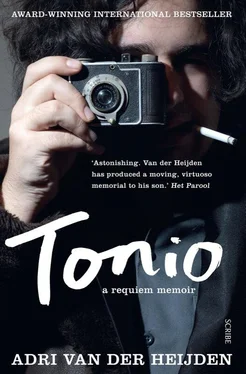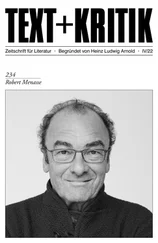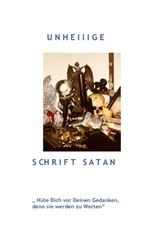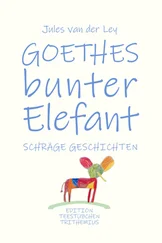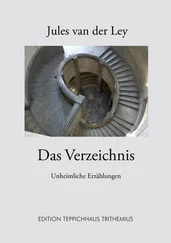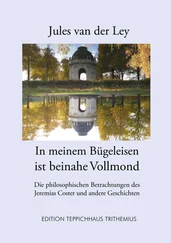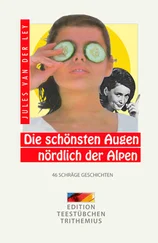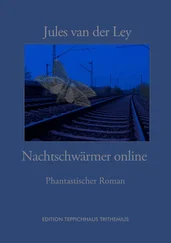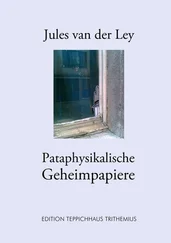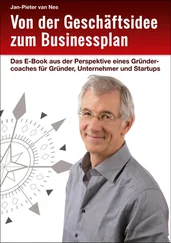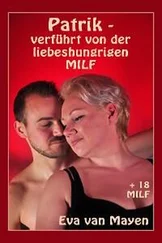‘I’ve got a hunch Tonio will finish his degree.’
‘Or else he’ll do other amazing things.’
We strolled back towards the parking lot. ‘Half past three,’ said Miriam, as we passed the goat farm. ‘No, we can’t do that to him.’
‘Oh, Tonio’s a pretty efficient photographer. He doesn’t go for the scattergun approach. When he had to snap me for De Groene Amsterdammer he sat me down at an antique Remington, tossed a few rolls of telex paper around. I heard a few clicks, and assumed he was taking some proofs. “Ready when you are,” I said. But he already had what he was after.’
‘You just said a photo session is sometimes more than a photo session. Come on, let’s go have a drink at the goat place. Grant him this one afternoon.’
8
When we got home at around five, Tonio was packing up his cameras in a large plastic bag. The girl had just left. A whiff of cigarette smoke hung in the house.
‘And … any luck?’ I asked.
‘We’ll see,’ he said. ‘I can judge the digital shots pretty well on the computer. But I took some analogue ones, too, and for those I’ll have to wait for the prints.’
‘Pop out back before you go,’ I said.
One of the styrofoam reflectors was leaning up against the side of the small arbour that enclosed a wooden loveseat. I settled down on the veranda with the evening papers. A little while later, Tonio placed two square photos on the table in front of me.
‘Remember, they’re just Polaroids,’ he said. ‘I always take a couple to test the light.’
They were in black-and-white. A girl, or young woman, Tonio’s age, with shoulder-length hair and a pleasant face that looked far too sweet-natured for the aloof business of modelling. She had put herself in a somewhat too deliberately winsome pose, framed by the mini-arbour, its bench apparently removed during the session.
‘Pretty girl,’ I said, my expert eye far from withered. ‘Very pretty. But a professional model … I dunno.’
I handed him back the Polaroids. I could see on his face that once again, I just didn’t get it.
‘Professional? Adri, she’s a college student. That modelling and acting, it’s only a side job. Just like me at Dixons.’
‘She’s awfully attractive, that’s for sure.’
Suddenly, his demeanour changed. ‘She asked me go to Paradiso with her on Saturday night,’ he said, with bashful pride. ‘Some kind of Italian blockbuster night, with Italian hits from the ’80s.’
‘Oh, there’ll be lots of Eros Ramazzotti then.’
He pulled a comic face that said: never heard of him. Miriam came out onto the veranda and offered us something to drink. Tonio declined, but sat down anyway, albeit restlessly, on the edge of a chair. Miriam reminded me of two funerals the next day, at more or less the same time. Two close acquaintances, both of whom were equally important to us.
‘We still have to choose,’ she said. ‘And not like: you do one, I’ll do the other. Not this time.’
‘Too many people dying lately,’ I said. ‘Cremations, funerals … The question is: are they all mandatory? People are so quick to make you feel like there’s no getting out of it. There’s something unfair about it, considering my own—’ I turned to Tonio. ‘I’m not sure if you know … well, so now you do … but when the time comes, I insist on being buried in the absolutely smallest possible company. Not cremated, mind you, buried. A hole in the ground with three people standing around it. Three, no more.’
‘Oh,’ said Tonio, ‘and who’s the third one then?’
There was a moment’s silence, and then we all burst out laughing in unison. He was right. The third one would be lying in the coffin.
Tonio had a delightfully unassuming laugh, with lively bursts which made his parted lips looked even fuller and the skin on his nose creep upward toward his forehead. (That laugh, too, was in a critical condition. Oh God, save his laugh.)
He got up and, still chuckling, asked his mother: ‘Do you still get Surinamese takeaway on Sundays?’
‘A tradition since before you were born,’ Miriam replied.
‘Whitsun, too?’
‘We don’t do Whitsun.’
‘Sunday’s on then. Chow mein would be delicious.’
‘All right, just don’t cancel again because you’re so beat . Like last Sunday, when we were supposed to go into town.’
‘Oh yeah, that watch … we’ll have to make another date.’
In his quick, springy way, his shoulders hunched just a tad, he headed to the door, and said goodbye with his variable salutation, which this time sounded something like: ‘Oi.’
‘Have fun Saturday,’ I called after him. I don’t know if he heard it, as he was already passing through the kitchen on the way to the front door. How extraordinary: Tonio was going to drop by for the third time in the space of a week. The previous day he had laid out his future plans, but it was like he had something else to tell us. I hadn’t forgotten how proud of a new girlfriend I used to be. With the ongoing conquest still in full swing, I already wanted to show her off, not only to my friends but to my parents, too — even if only in words for the time being, and if at all possible with a picture as well.
9
After Tonio had left, Miriam called me to the kitchen. She stood at the open fridge. ‘Check this out.’
The shelves, the vegetable drawer, the door compartments — every nook and cranny was jammed with cartons of ice tea and fruit juice in all possible flavours. There was a litre of Lipton Ice in the freezer, in case the young lady liked hers extra cold. Neither of us knew that Tonio had done all this shopping. It amounted to half a week’s allowance spent on fruit juice and iced tea.
‘Tonio knows how to look after his models,’ I said.
‘It won’t be out of concern for lack of vitamins at his parents,’ Miriam replied. ‘I’ll take them with me next week along with his clean washing.’
In the corner of the living room, next to the glass display case containing Tonio’s rock collection, I saw two more styrofoam reflector sheets. A strong nicotine smell hung in the air. On the floor, a saucer with stubbed-out cigarette butts; I emptied it into the waste bin. So the girl — still nameless — was a smoker.
I came across the grainy white sheets elsewhere in the house. They gazed at me like monochrome paintings, telling me no more about the photo session than that they reflected sunlight or lamplight onto the model.
‘What are we supposed to do with all that styrofoam?’ Miriam asked.
‘Leave it,’ I said, ‘he can clean it up himself on Sunday.’
10
Before dinner, I went up to my office on the third floor — not to work, but to raise the awning on the back balcony. It had rained a few nights ago, and the irregular tick-tick and drumming of the rain on the open canvas had kept me awake for hours.
The electric button, to the left of the French doors, seemed to falter — until I noticed that the awning was already up, neatly rolled into its aluminium frame.
Wait a sec. I knew for sure I hadn’t raised it before we left for the Amsterdamse Bos — intentionally, to protect the parquet floor from the profuse sunlight that streamed in at that hour. I could have raised the awning and drawn the curtains, of course, but in order to air out the room I left the balcony doors wide open, and experience had taught me that the curtains would billow upwards, and on their way down sweep stuff from the nearby desk. The last time that happened, I had incited Miriam’s ire by accusing her cats of being the cause of the destruction.
All these deliberations were still clear in my mind — even now, three days later, in the back seat of the police van. It was not a matter of forgetfulness. I had left the curtains open, lowered the awning, and fastened the doors by their hooks on the balcony wall. Now, upon returning, I found the curtains still open, but the doors were closed tight and the awning raised.
Читать дальше
